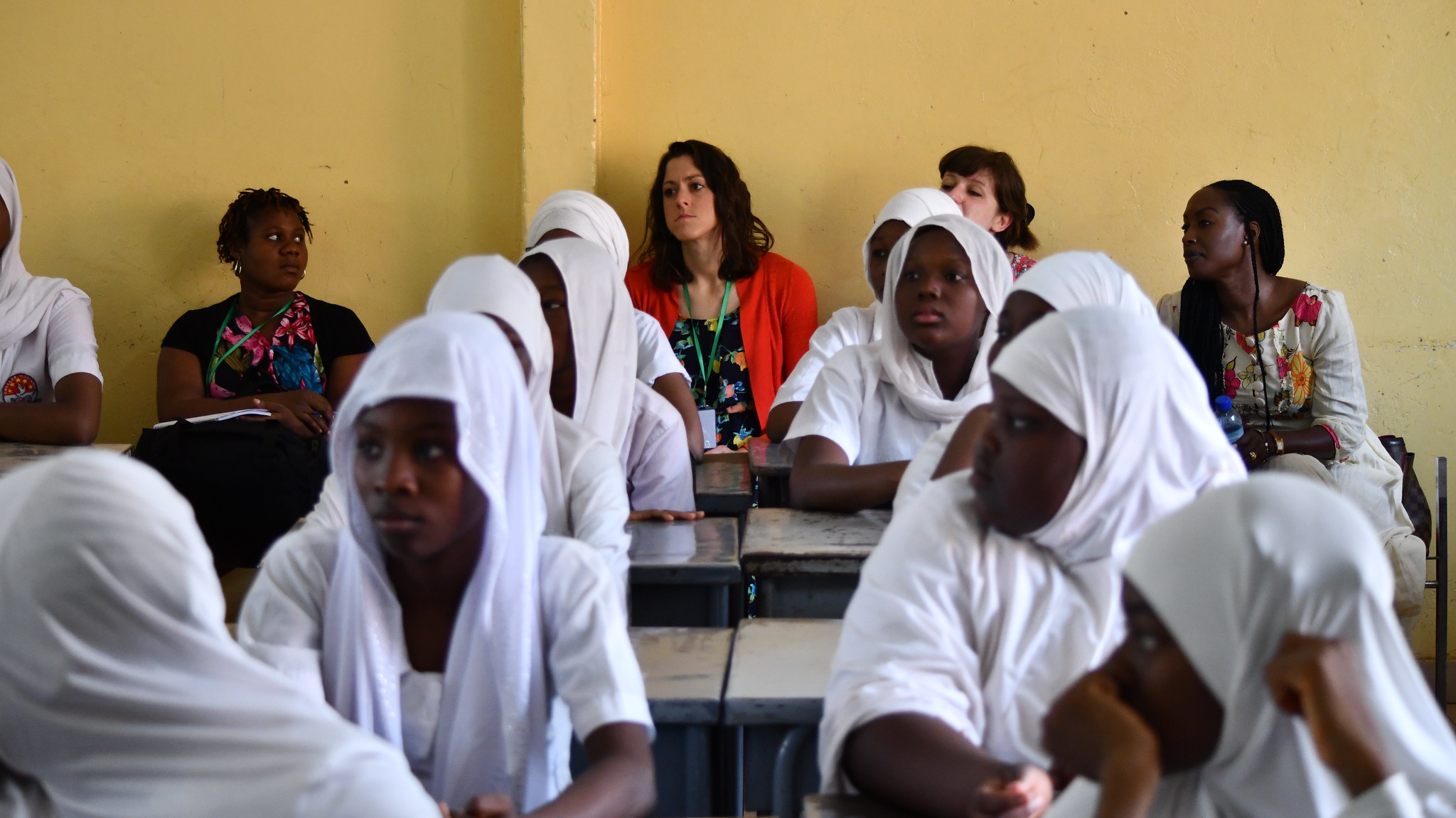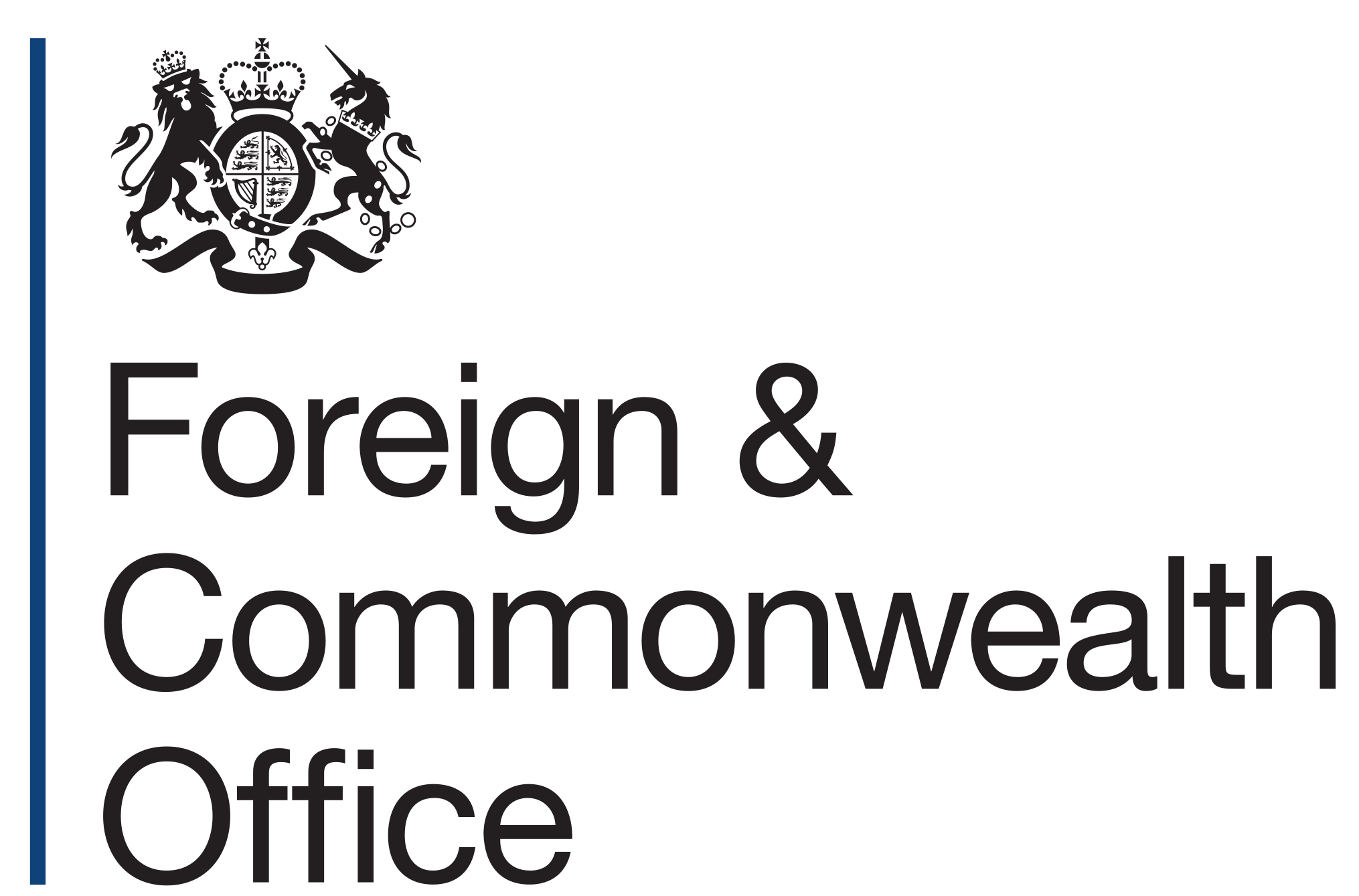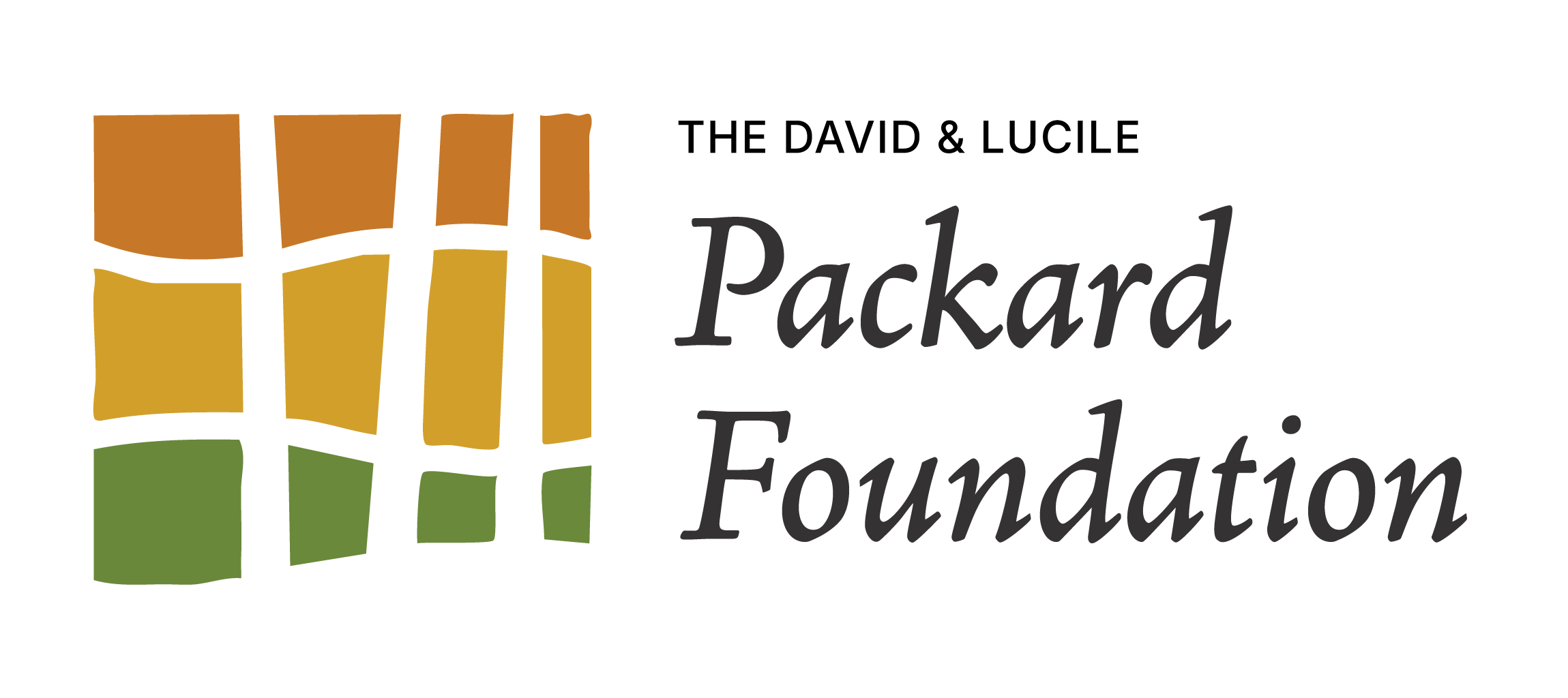
Diversity and solidarity in global health
3 mars 2021
Everyone, equally, has a human right to health. 1 However, our health systems, communities, and nations do not support people’s health equally or equitably.
The COVID-19 pandemic has greatly underscored health disparities: SARS-CoV-2 infections and associated deaths differently affect women, service workers, economically disadvantaged people, and other population groups. 2 Yet, even in the best of times, discrepancies in power, resources, and decision making prevent people and communities from benefiting equally. During the COVID-19 pandemic, these discrepancies are being exacerbated and the health of many communities is suffering.
As global health professionals working across Africa, we assert that only through diversity in many forms can we ensure solidarity and effectively address these unconscionable inequities.3
When we consider diversity in the context of improving systems and processes related to health and other aspects of sustainable development, we typically mean representative participation—the gender, racial, ethnic, religious, and age makeup of a group, for example. Individual differences based on age, gender, race, ethnicity, religion, geography, income status, ability, and other characteristics are important and should be valued. Each person’s unique combination of characteristics, experiences, background, and training—as well as the multiple communities we each represent—ensures we all have individual views and contributions to make.
In view of the challenges inherent in including every stakeholder, we suggest that people who suffer the most from inequities in health and health-care access should be prioritised for participation in the design of solutions to address their needs. We also fully support the principle of “nothing about us without us”, emphasising that policies, programmes, studies, and other initiatives designed to serve a particular group must not move forward without the substantive involvement and ideally leadership of that community.
When people look at individuals who are participating in designing solutions and decision making, they should see people like them (with respect to, for example, age, gender, or race) and those who are different, who respect them. In situations when there are substantial societal power discrepancies (eg, in terms of gender, race, or age), it is essential to avoid tokenism. Including one or two young people in a group of adults discussing strategies for health education, for example, is not appropriately representative or giving a sincere voice to young people. The same can be said about race and national origin. If we are to discuss programmes benefiting African women, then African women should be involved, not only to provide insights and testimonies but also as decision makers and drivers of their own fate. That is the best way to achieve the empowerment we so often speak of and seek for the communities we serve.
Ensuring respect and consideration for those who are different from us, deferring to others’ opinions and resistance, and removing barriers to leadership for minority and marginalised groups must be our goals. Providing scholarships or internships and mentoring and sponsoring individuals are among the concrete steps we can take to move forward.
Another important component of diversity is representation across the many professions involved in health. Providers of all cadres—as well as administrators, scientists, policy makers, advocates, and others involved in health care—should reflect the diverse communities they serve, representing a wide range of backgrounds, experiences, and characteristics. In addition to helping bridge barriers of language and culture, diversity among health-care providers builds confidence in the system and services.
Importantly, we must consider who is leading and who is deciding, on behalf of whom. Across a sector, we must see leaders who reflect the many communities that our health programmes are meant to serve. There is enormous opportunity for diversity in leadership in global health, including in government, science, and community-based organisations, and on boards and task forces. Initiatives that track diversity in global health leadership have shown that, although global health is largely implemented by women, it is mostly led by men.4 Moreover, international agencies are generally run by white individuals from high-income countries. Closing these gaps to ensure greater diversity among leaders at all levels is key to ensuring success in the sector.
We also call for consideration of diversity within diversity. For example, not all religious leaders will agree on approaches, including in the area of sexual and reproductive health. Moreover, not all disabled people face the same barriers or benefit from the same solutions. A wheelchair ramp will not help someone who is hard of hearing; sign language interpretation will not help someone with mobility limitations. However, recognising the need to increase access for people with disabilities, and appreciating the diversity within that community, helps ensure full access and inclusion.
Beyond individual differences, we need diversity of approaches and sectors. We must look beyond the health system to address social determinants of health—that is, the varied conditions in people’s environments that affect health outcomes. The health of children and adolescents is inextricably linked to education, nutrition, and safe housing, for instance. Media is an important conveyor of information and a mobiliser on health topics. Collaboration and coordination across sectors are important in our discussions, data, decisions, and actions to support positive change in people’s multidimensional lives.
The African proverb “if you want to go fast, go alone; if you want to go far, go together” reminds us that we bring together diverse views to ensure that, as a group and with (and in some cases because of) our differences, we can address the challenges facing us in global health. The point of recognising, inviting, and appreciating diversity is not to separate ourselves based on our differences and work in parallel. The point of having more diverse groups, leadership, and approaches is to build solidarity. We must be unified in our commitment to better health for all, and we must recognise how much we benefit from mutual support. Building health policy, strategy, service, and education to lift up all our communities is possible when we recognise, appreciate, and design for our commonalities and our differences.
Amidst the global attention on increasing diversity and advancing local leadership in global health, we are confident that thinking together about what we mean by diversity, and enhancing diversity in the interest of meaningful solidarity, is key to our success.
We declare no competing interests. The themes in this Comment were originally presented as a panel discussion entitled Diversity, Solidarity, and Action for Social Justice in Health: Keys to the SDGsat the Women & Girls Africa Summit 2020: Realizing the Power for Africa’s Future, on Nov 18, 2020.3
Published on 17-02-2021 in The Lancet
 Plus d'articles
Plus d'articles

Le Partenariat de Ouagadougou donne la parole à des femmes d’influence La journée internationale qui célèbre chaque 8 mars dans le monde les droits des femmes, appelle également à la réduction des inégalités entre hommes et femmes. Cette année la communauté invite à travers le thème « Investir sur les femmes : accélérer le rythme » à plus […]
La 12ème édition de la Réunion Annuelle du Partenariat de Ouagadougou (RAPO), s’est tenue du 11 au 13 Décembre 2023 au Sofitel Abidjan Hôtel Ivoire sous le thème : «Genre et Santé Reproductive : les stratégies pour un changement social et comportement en faveur de la jeunesse». Évaluer les avancées en matière de Santé Reproductive, […]








